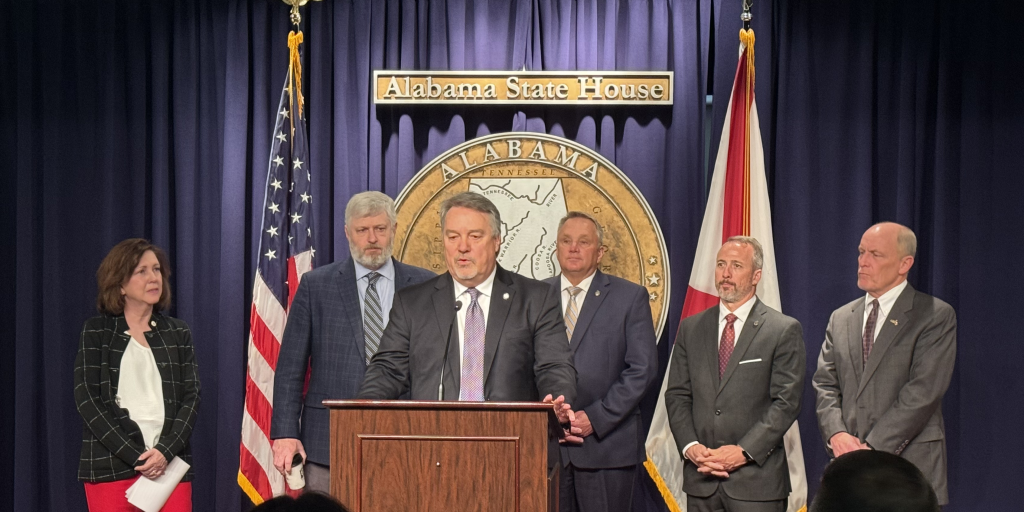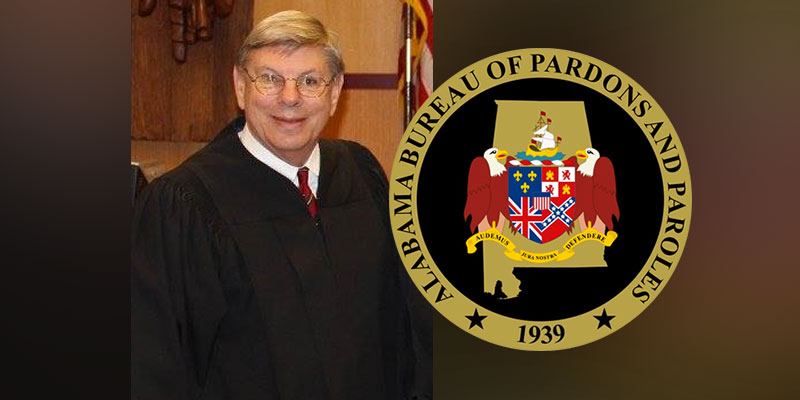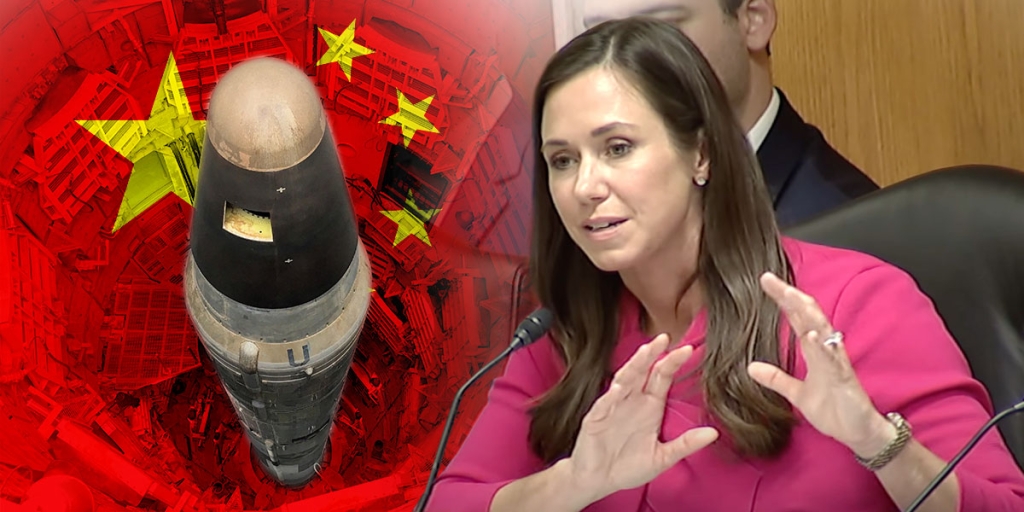For the past four months, legislators met in Montgomery to address issues that affect Alabamians every day. Lawmakers brought back a handful of victories to their districts – policies that will directly impact their neighbors’ quality of life and shape their communities for years to come. They also returned with a litany of accomplishments that will sustain the vitality and future development of our state as a whole.
It’s not an easy job — in my 20 years on the floor of the House and Senate, the biggest challenges came from competing interests, complex problems, and a ticking clock. Multifaceted issues call for consequential decisions that can obfuscate the makings of even the best legislative session. And yet this was a very successful session for our state leaders. Most importantly, many of the bills passed this session will help build a stronger, safer state.
As lawmakers gaveled in on February 5, a surge in violent crime was chief among the challenges they faced. However, by sine die, the state had an actionable, cross-agency plan ready to tackle crime and support our law enforcement officers through partnerships at the state, local, and federal levels.
The Alabama Bureau of Pardons & Paroles was proud to be a part of this plan. Every day, the Bureau’s APOSTC-certified state law enforcement officers do what needs to be done to keep Alabama safe. This includes serving on the state’s metro crime suppression unit. This unit brought to bear the full force of state and local law enforcement in Montgomery. Thanks to the work of Speaker Ledbetter, Senate President Pro Tem Gudger, Chairman Reynolds, and Governor Ivey, it has the funding needed to expand to other cities in Alabama.
According to ALEA’s spring report, MACS unit “arrested 266 individuals on various charges, recovered 51 stolen vehicles, seized 195 firearms, and they have seized a total of 103 machine gun conversion devices, known as ‘switches.’” June marks the one-year anniversary of this joint operation, and we can expect more good news that speaks to the unit’s success.
Alabama’s leaders also entrusted Bureau officers to address violent youth offenders who would be charged with Class A or B felonies, if adults, through the use of our advanced technology and monitoring. Representative Travis Hendrix, a fellow member of the law enforcement community, advanced a bill to allow the Bureau to partner with other agencies to electronically monitor dangerous delinquent juveniles out on bond and awaiting trial. This is another tool that will help keep our communities safer by complementing the efforts of police departments and serving as a force multiplier and violence interrupter.
Similarly, Senator Givhan and Judge Hill sponsored legislation streamlining the process for the Bureau to share real-time GPS location data with other state, local or federal law enforcement agencies during active investigations. This will eliminate delays in data sharing amid urgent matters where every second counts. It was a short but critical bill to clear up code that could stall real life cases in Alabama.
Of course, being tough on crime means being smart on crime. At the Bureau, we do that through advanced supervision and implementation of strategies that reduce recidivism. Unemployment is one of the key drivers of recidivism, and the best ways to keep formerly incarcerated Alabamians from returning to prison is through job training, career placement and partnership with Alabama’s job creators. This – coupled with substance use treatment and counseling – gives parolees the best chance to live a fruitful life after prison.
Representative Parker Moore and Senator Rodger Smitherman led a bipartisan occupational licensing reform effort this session. Their bill, SB138, cuts red tape and allows job creators to hire these highly-skilled, low-risk offenders without interference from unelected bureaucrats on licensing boards. The Free to Work Package prohibits licensing boards from automatically disqualifying applicants with a criminal record whose offense is neither violent, of a sexual nature nor applies to the profession.
The boards don’t have to approve a license but must consider the applicant if they have been screened by the Bureau and received a Certificate of Employability from our agency. Businesses have full discretion over their decision to hire these individuals, and those that do will be released from legal liability for their decision – protecting them from frivolous lawsuits.
It’s a win-win that puts power back in the hands of Alabama’s job creators and opens the doors of opportunity for people who are willing and ready to work – especially those seeking in-demand and hard-to-fill roles that offer great salaries and benefits to employees.
The legislature’s successful efforts to Back the Blue this session came from their sincere support for our law enforcement officers. That’s important for the Bureau as APOSTC law enforcement professionals account for well over half of our personnel. To finally and fully codify ABPP officers as state law enforcement – a classification they’ve always been with authority and powers they’ve always had, Representative Jerry Starnes – a former parole officer – and Senator Clyde Chambliss sponsored a bill to fix antiquated code in the Alabama Constitution. With a few lines of text, Rep. Starnes and Sen. Chambliss provided a boost to morale for hundreds of our officers by ensuring we support them just as they support us.
On behalf of the officers and staff at the Alabama Bureau of Pardons & Paroles, we commend our state lawmakers for their hard work. Thank you for supporting the Bureau’s mission and putting our officers in the best position possible to keep Alabama’s communities safe. We look forward to continuing our work with partners from both the public and private sectors to offer training, education and opportunities that set up formerly incarcerated Alabamians for success in life after prison.
Our philosophy echoes that of President Trump: “real opportunities for those with criminal records – whether it’s good-paying jobs or access to treatment – lead to better outcomes, more prosperous communities and a safer state by lowering recidivism, or the chance of someone coming out of prison to reoffend.
Cam Ward is the Director of the Alabama Bureau of Pardons and Paroles.













